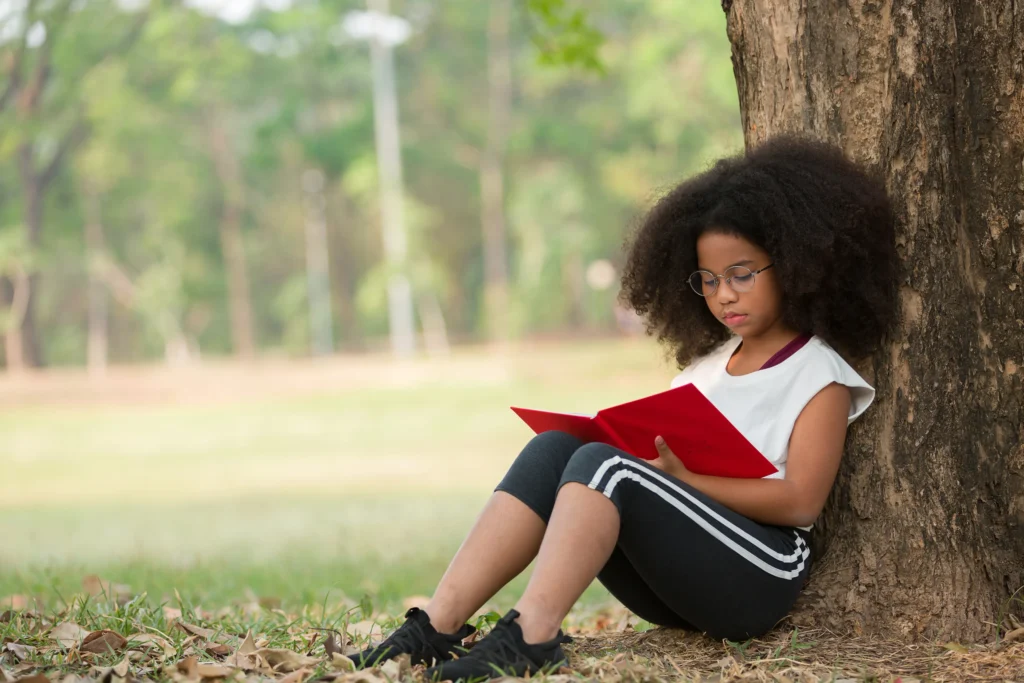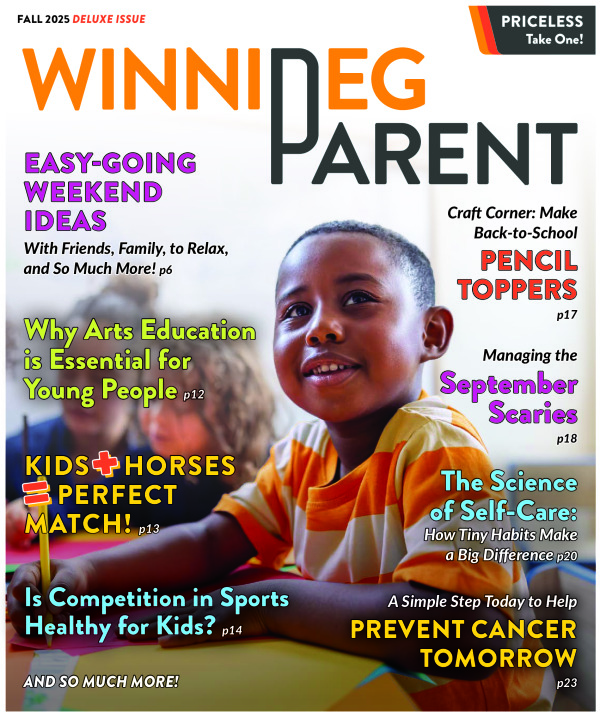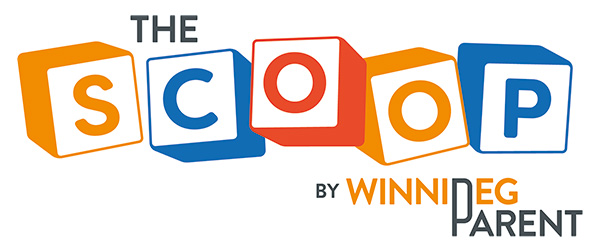Did you know that many kids who struggle with reading might actually have trouble seeing clearly? Vision problems are more common than you might think, and they can make it really hard for children to do well in school.
Many parents assume their child’s vision is fine because the child can see things like toys across the room or watch TV without problems. Their child may also have passed a vision screening or eye exam because they could see the letters on the eye chart. But there’s a big difference between seeing far away and the close-up vision needed for reading. A child might have perfect distance vision but still struggle to focus on words in a book.
When kids can’t see well, reading becomes much harder.
They might squint at books, get headaches, or feel tired after just a few minutes of reading. Some children see words that look blurry or jumbled up. Others might lose their place while reading or skip lines without meaning to.
Kids with vision problems often avoid reading because it’s frustrating.
They might seem lazy or like they don’t care about school, but really, they’re just having trouble seeing the words on the page. This can hurt their confidence and make them fall behind in all their subjects, not just reading.
Some common signs that a child might have vision problems include:
- rubbing their eyes a lot
- holding books very close to their face
- complaining about headaches
- having trouble copying things from the board at school
- avoiding reading
What Parents Can Do This Summer.
Summer is a great time to help your child with vision and reading skills. Here are some simple things you can do:
Limit screen time.
Too much time on tablets, phones, or computers can strain young eyes. Make sure your child takes regular vision breaks when using devices.
Play vision games inside.
Simple activities like marble runs or puzzles with large pieces as well as smaller pieces (if your child loses interest as the size of the puzzle pieces get smaller, use the larger pieces).
Play games outside.
Playing catch with large balls and small balls, playing “I Spy” picking specific things which are up close and then far away, work with activities that require using one’s hands and eyes together.
Get an eye exam.
This is the most important step. An eye doctor can find problems that you might not notice. Many vision issues can be fixed with glasses or other treatments. If your child struggles with reading, it is important to see a Developmental Optometrist who provides specialized testing and treatment for vision problems that can interfere with reading and learning.
The vision skills that need to be evaluated in children who struggle with reading include eye tracking and eye coordination.
When there is a problem with these visual skills reading can be difficult and cause symptoms such as eye strain, double vision, loss of concentration, poor reading comprehension and frequent loss of place when reading and working up close, all which play a negative role in learning.
If your child struggles with reading, is smart in everything but school or is a bright underachiever, you need to make sure your child has all the visual skills required for academic success. To do this you need an in-depth Binocular Vision Evaluation by a Developmental Optometrist; to find one near you visit: www.visiontherapycanada.com
Remember, catching vision problems early can make a huge difference in your child’s success at school and in life. For more information about the different visual skills that are critical to vision and learning, visit: www.grandvisioninstitute.com and click on “Help for Reading and Learning Difficulties.”
Dr. Matthew Anderson, Developmental Optometrist, provides vision care for the entire family and also provides specialized services in the diagnosis and treatment of vision problems that interfere with reading and learning. Dr. Anderson is a popular speaker with parents and professional groups and may be reached at (204) 633-5566. For more information visit his website: www.grandvisioninstitute.com






